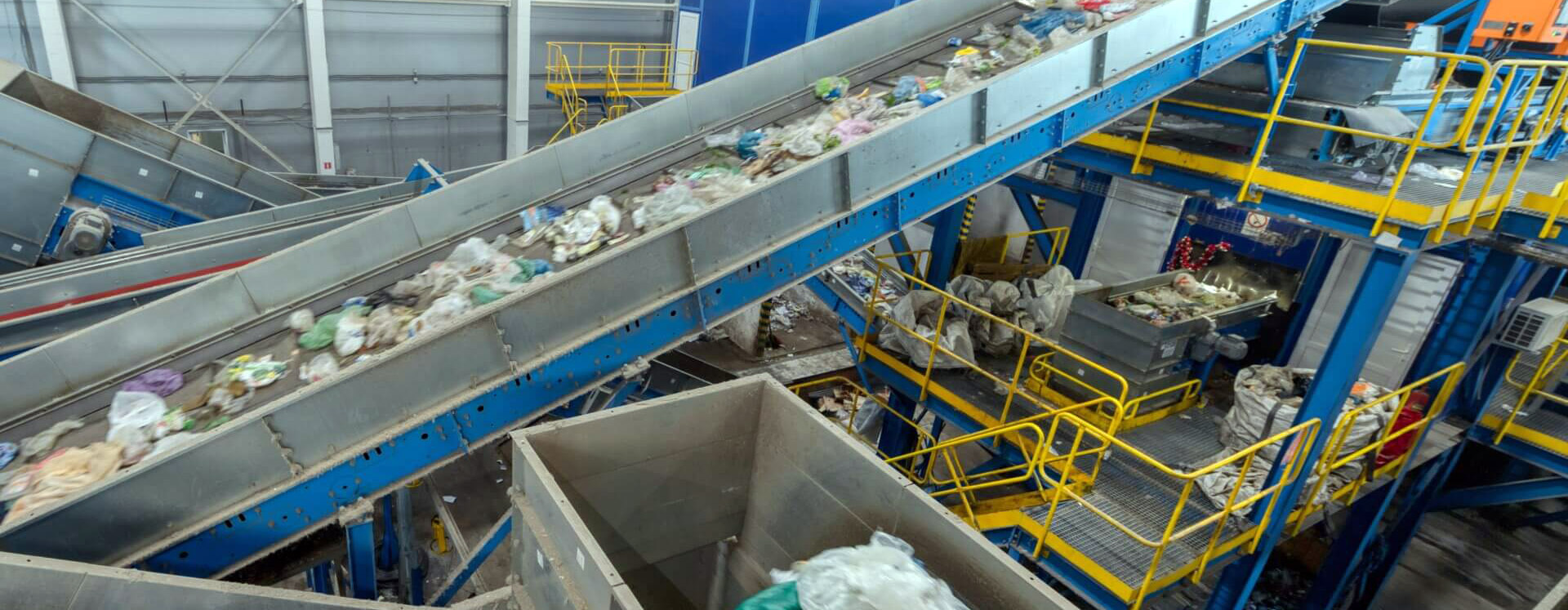San Diego County is on the brink of a major transformation, one that could reshape its rural San Diego landscape and address the pressing housing crisis. The catalyst? A 12-year battle to build a recycling plant, which has inadvertently opened the door to a wave of new development, including hundreds of desperately needed homes. But how did this unlikely turn of events come to pass, and what does it mean for the future of development in the region?
The Struggle for the Recycling Plant
The story begins with Hilltop Group Inc., a real estate investment corporation that set out in 2012 to build a construction waste recycling plant in the rugged hills north of Escondido. The land was zoned for industrial use under San Diego County’s general plan, and Hilltop Group believed their project fit neatly within those guidelines. However, local communities were quick to object, fearing the environmental and aesthetic impacts of such a facility in their backyard.
Despite the zoning approval, the county required Hilltop Group to undergo a rigorous environmental review under the California Environmental Quality Act (CEQA). This process involved detailed studies on potential impacts, a draft environmental impact report, and public feedback, all of which culminated in a lengthy legal battle. The project was delayed for years as it faced continued opposition from local homeowners and environmental groups.
The Game-Changing Lawsuit
The turning point came when Hilltop Group, represented by attorney David Hubbard of Gatzke Dillon & Ballance, decided to take legal action against the county. They argued that their project, which conformed to the county’s general plan, should be exempt from additional environmental review under CEQA’s exemption 15183. This exemption is designed to streamline development that aligns with pre-existing general plans, avoiding redundant environmental studies and public comment periods.
After years of legal wrangling, the Fourth District Court of Appeal ruled in favor of Hilltop Group. The court found that the county had overstepped its authority by requiring further environmental studies, given that the project fell within the established guidelines of the general plan. This ruling not only cleared the way for the recycling plant but also set a precedent that would have far-reaching implications for other developments in the region.

A New Era for Development
In July, San Diego County staff announced a significant policy shift in response to the court ruling. Projects that align with the county’s general plan would now be exempt from more stringent, climate-conscious rules, specifically those aimed at limiting long commutes measured in vehicle miles traveled (VMT). These rules, which imposed hefty fees on developments that increased driving distances, had been a major obstacle for builders, particularly in rural areas where long commutes are often unavoidable.
The new exemption is seen as a lifeline for developers who have struggled to bring projects to fruition under the weight of VMT regulations. Already, 119 housing projects—totaling 1,273 new units—are being processed under the county’s general plan and could benefit from this fast-tracking effect. While only two projects have officially requested the exemption so far, the potential for future development is immense.
The Impact on Housing and the Environment
The exemption presents a double-edged sword. On one hand, it promises to alleviate San Diego’s housing shortage by expediting the construction of new homes, particularly in rural areas where affordable housing is desperately needed. On the other hand, it raises concerns about the environmental impact of unchecked development, especially in regions where increased vehicle miles traveled could exacerbate greenhouse gas emissions.
Proponents of the exemption, like developer Jim Whalen, argue that without such flexibility, rural towns could stagnate under the burden of VMT regulations. The exemption, he suggests, offers a pragmatic solution that balances the need for growth with the realities of rural living.
However, environmental advocates, including Peter Andersen of Sierra Club San Diego, caution that the exemption could undermine efforts to combat climate change. They argue that the decision to prioritize development over environmental protection is a political one, and that the Board of Supervisors must weigh the long-term consequences of such policies.
The Road Ahead
The introduction of this exemption marks a pivotal moment in San Diego County’s approach to development. While it undoubtedly paves the way for new housing, the full impact of this policy shift remains to be seen. Will it lead to a boom in rural development, providing much-needed homes for residents? Or will it open the floodgates to unchecked growth, with lasting environmental repercussions?
What is clear is that this legal victory for Hilltop Group has set a precedent that could reshape the future of development in San Diego County. As more projects take advantage of this exemption, the balance between growth and sustainability will become an increasingly critical issue for policymakers, developers, and residents alike.






